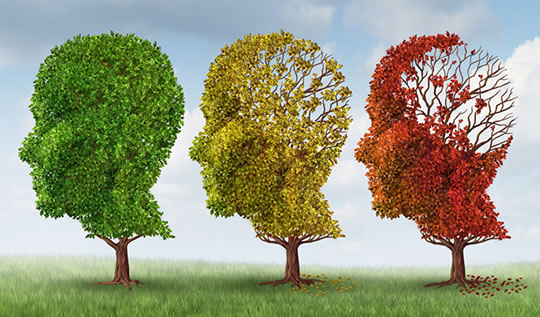Breakthrough Alzheimer’s treatment may restore memory and clear plaques in the brain without drugs.
Australian scientists have found an Alzheimer’s treatment that can restore memory using ultrasound technology.
The Alzheimer’s treatment — which has been successfully tested on mice — does not involve drugs, but high frequency sound waves.
Professor Jürgen Götz, the director of the Clem Jones Centre for Ageing Dementia Research in Australia, and one of the study’s authors, said:
“We’re extremely excited by this innovation of treating Alzheimer’s without using drug therapeutics.
The ultrasound waves oscillate tremendously quickly, activating microglial cells that digest and remove the amyloid plaques that destroy brain synapses.
The word ‘breakthrough’ is often mis-used, but in this case I think this really does fundamentally change our understanding of how to treat this disease, and I foresee a great future for this approach.”
Potential Alzheimer’s treatment
The study trialled the ultrasound technique on mice whose brains contained amyloid beta, a toxic plaque seen in Alzheimer’s sufferers.
It uses high-energy ultrasound to clear the build-up of toxic plaques.
After using the Alzheimer’s treatment for several weeks, the researchers restored memory and cleared the plaques in 75% of the mice.
Professor Götz said:
“This treatment restored memory function to the same level of normal healthy mice.
We’re also working on seeing whether this method clears toxic protein aggregates in neurodegenerative diseases other than Alzheimer’s and whether this also restores executive functions, including decision-making and motor control.”
The research is still at a very early stage and it will likely be years before it can be tested on people.
The researchers need to see whether it will work in other animals — sheep are next — and whether any side-effects exist.
Nevertheless, the scientists think it could be much more effective than any Alzheimer’s treatment currently used.
These do not remove amyloid plaques and only work for a short time.
Professor Götz said:
“With an ageing population placing an increasing burden on the health system, an important factor is cost, and other potential drug treatments using antibodies will be expensive.
In contrast, this method uses relatively inexpensive ultrasound and microbubble technology which is non-invasive and appears highly effective.”
The study is published in the journal Science Translational Medicine (Leinenga & Götz, 2015).
Brain aging image from Shutterstock

